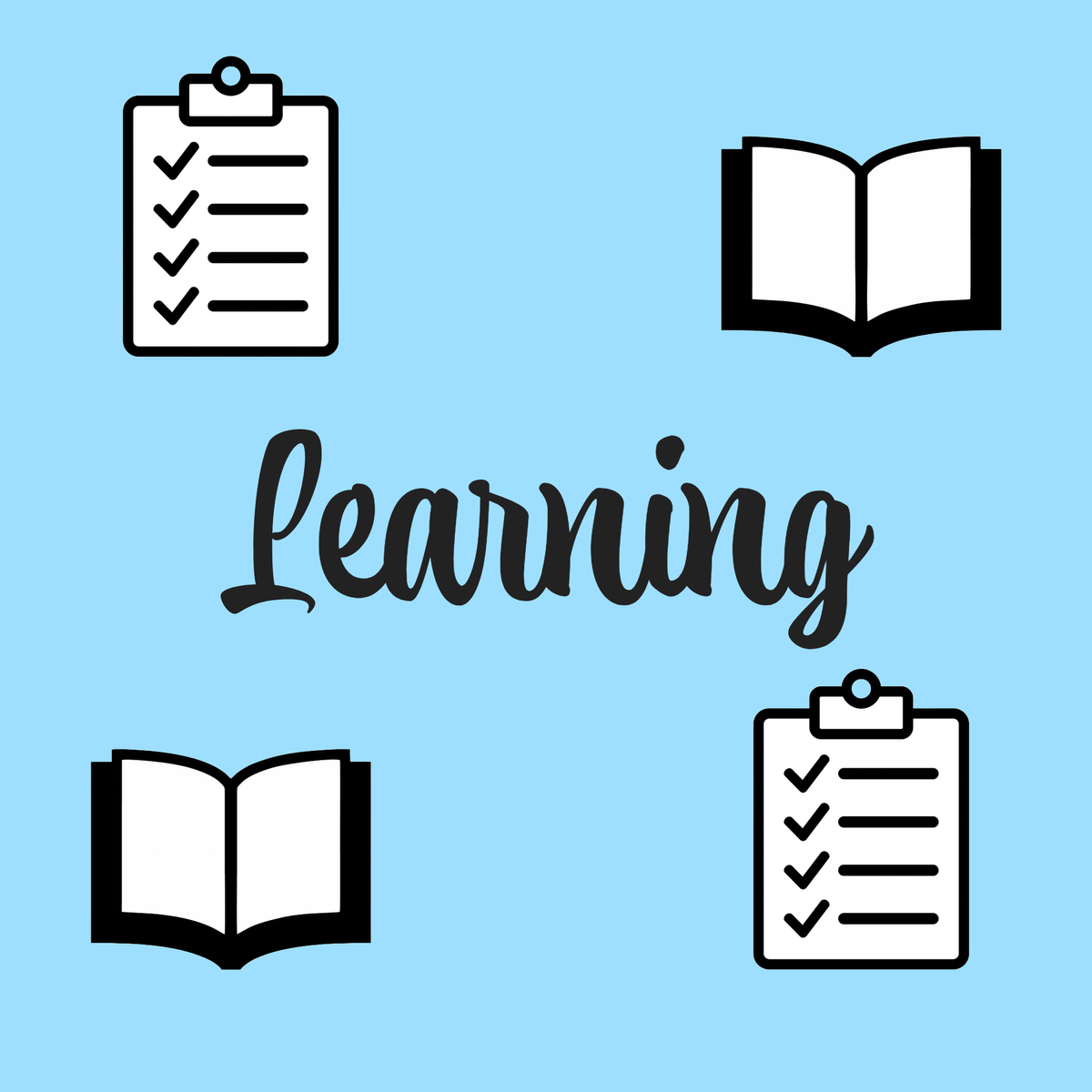Four Ways to Improve Your Ability to Learn

Hi team,
Welcome to our weekly newsletter!
During summer this year, I had a work requirement to gain a qualification that was the equivalent of an A-Level, which I needed to pass within one month of starting my studies. Having gained an undergraduate and postgraduate degree, I had to recall training tips I had used previously to succeed in this new target. Having achieved this goal, I wanted to share four of the ways I managed to quickly learn a new skill:
Set SMART Goals
An idea taken from Jim Kwik, the brain training master, is the acronym SMART for goal setting. Outlined below are the meanings:
S = Specific = Create a well-defined goal
M = Measurable = Make sure the goal you have selected is measurable
A = Actionable = Develop the action steps to achieve this goal
R = Realistic = Don’t select something so ridiculous that you will give up
T = Time-Based = Pick a date that you can achieve this goal and hold yourself accountable to it
In my latest studies, a number of these items were easy to pick, as I had to pass the exams for my work, plus there was a date in the calendar for my exam. But there was still a benefit to outlining the steps I needed to pass the exams and making these realistic, so that I didn’t lose motivation. For me, goal setting in learning is essential, and this acronym is a sure-fire way to achieve your targets for the future by creating personal accountability.
Create a Challenging Environment
In most performance pursuits, a key element to improvement is making sure that your environment remains challenging. This remains true for learning and I am a big advocate of separating your approach into categories of “training” & “match practice”. The training is the work we do to prepare for an important event that we need the learning for, whilst the match practice is creating the environment that mimics what we will face when that event takes place. Once we have gone through this match practice process, we review the results and take our learnings back into the training environment, prior to re-entering match day practice once again.
Taking my recent experience, I made sure to complete plenty of practice exams, once I had built up enough learning of the subject. The environment was created to match those I would face on exam day and I ensure I completed these later in the study process. It is important to time this well, because you equally don’t want to enter match practice too early and become spooked by a poor result. This is where you can use your SMART Goals to support, with a focus on creating the challenging environment to enhance your learning experience.
Avoid Multitasking in your Learning
We see lots and lots of books, articles and posts on the dangers of multitasking and this is no different when it comes to learning. I also mean this in the sense of jumping too quickly between study material or having a haphazard approach to your learning. This is extremely important as we get to grips with a new subject and we must aim to make our learning concise. Biting off a new subject in small chunks over time will lead to the wider approach to the topic, which can then be more readily pulled together, where it is possible to do so. Focus on gaining a strong grasp of each area, before moving on and over time you will see this knowledge build and form into a strong understanding of the subject.
Use a Whiteboarding Process
A technique that I was given during my school years was the process of whiteboarding for studies. In theory, all you need is an erasable surface and suitable pen; however, you can also use pen and paper. The process follows that you write a subject or question in the middle of the whiteboard/paper and write as many points or answers as you can, coming off of the subject or question, similar to the look of a mind map. The benefit of the whiteboard system is that you can write, review, erase and go again over and over again, without using up lots and lots of paper. But, the beauty of this system is that it is up to you in choosing how you use it. For me it is a whiteboard and the feeling that what I have written is not permanent, but choose what is best for you.
I hope that as we aim to expand our knowledge, these four tips will help you to improve your ability to learn.
If you liked this newsletter then we would be grateful if you check out our website and subscribe to receive these updates, which can be found with the link below:
